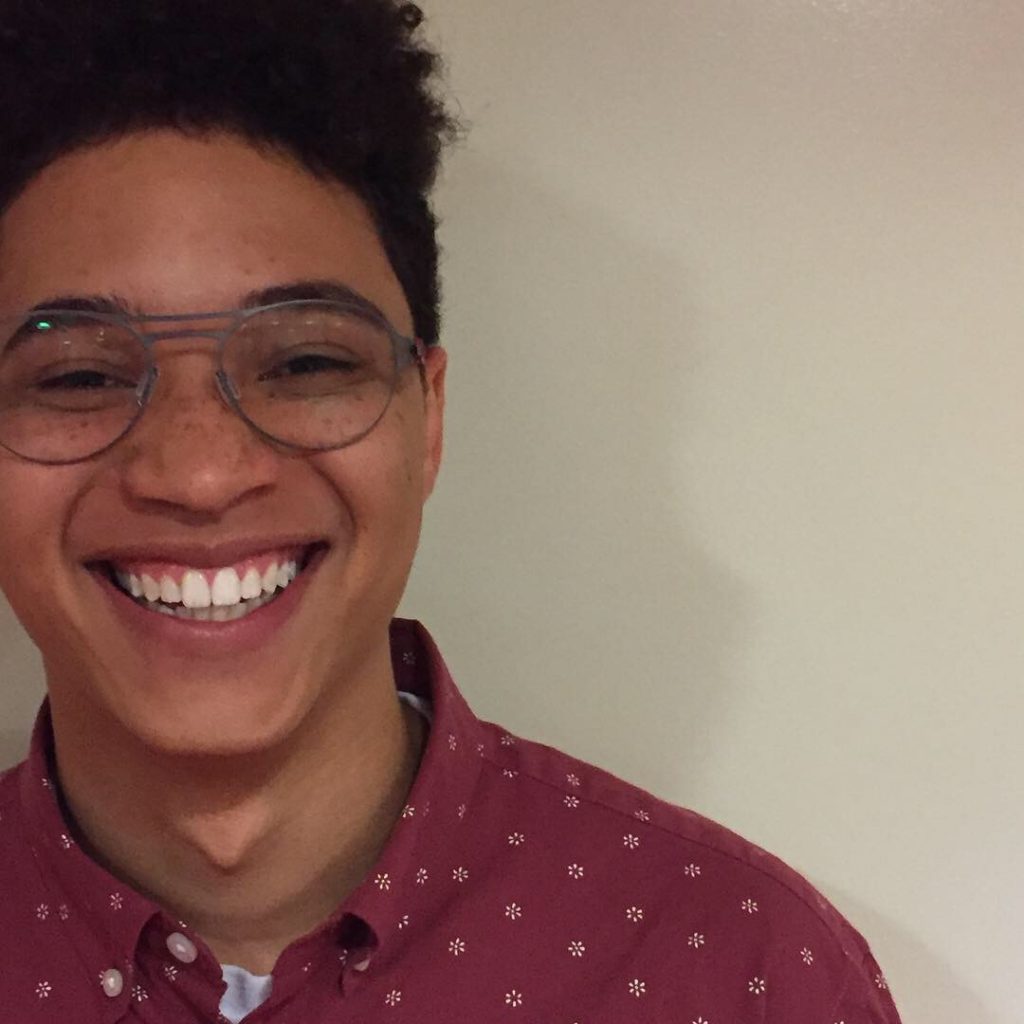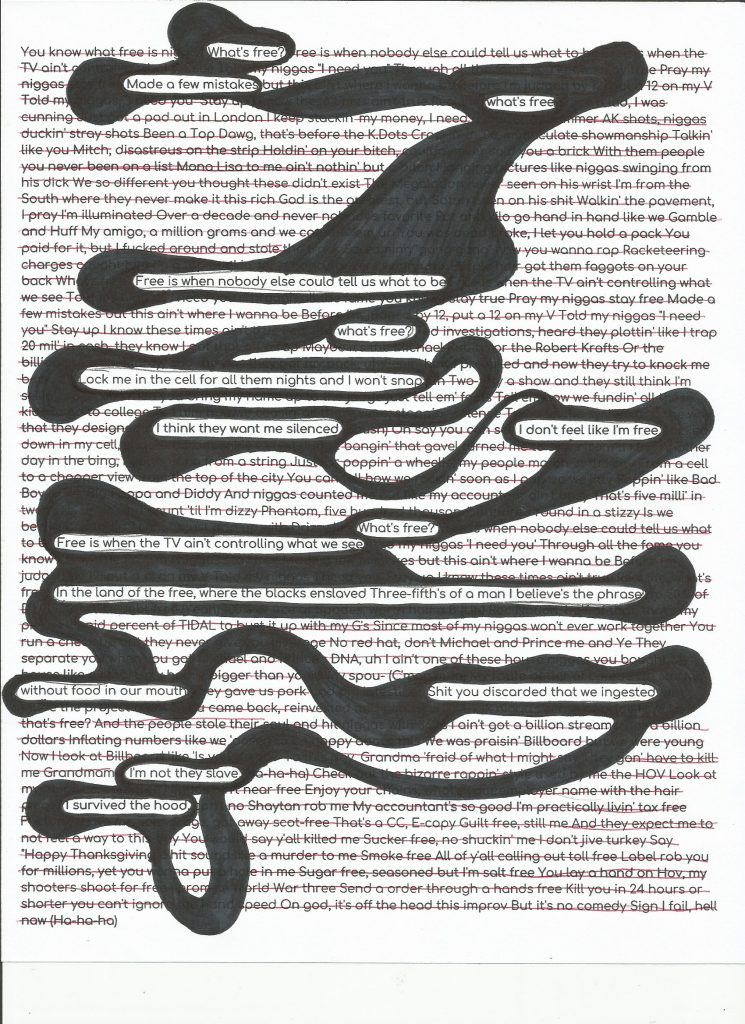Definition of Humor
Humor is a term or trait used to bring about laughter or emotion towards people or an individual, which creates a positive state of mind for the targeted audience. There are several terms for the definition of humor. According to the Oxford English Dictionary, humor is defined as “A temporary state of mind or feeling; a mood. Frequently with in and modifying word, as bad, happy.” Another definition in the OED defines humor as “Behaviour or actions regarded as whimsical, odd, quaint, or (in later use) amusing, esp. as personified by a character in a comedy. Now rare.” (Plural). In addition, humor can be used as “ a literary tool that makes audiences laugh, or that intends to induce amusement or laughter.” (Oxford English Dictionary). Humor’s purpose is to break the monotony, boredom, and tedium, and make the audience relax. A writer may use different techniques, tools, and words in order to bring to light new and funny sides of life. Humor is often found in literature, theater, movies, and advertising; the major purpose is to make the audience happy. Humor can be used in both literary context and in relation to the audience in order to attract the reader and make their emotions feel connected and related to the piece of literature or text. Humor however does not specifically have to be funny or positive, as stated above humor can be regarded as odd, or have a certain mood that shifts the tone in both the audience’s view and the author’s view.
The term of humor came about in the 1520’s, not relating to the definition of humor that we currently know at all. Back then, according to UselessEtymology.com, humor(ism) was described as “ineffective means of diagnosing most things”, the different humors led to the use of the word as a general concept meaning “mood, state of mind.” Later, in the 1680’s, the term developed into the term we refer to humor now, as an engaging piece of rhetoric in written and spoken culture. According to UselessEtymology.com, humor was referred as “something funny, comedic or amusing. This meaning evolved from the sense of “humor” as a word for “mood” (e.g., “I am in an ill-humor/good humor.”), which then came to refer to both “humoring” someone’s mood or whim, and then came to refer to something that could alter your mood by making you laugh—such as a joke or a comedy play. Humor is described as something that can make you laugh or alter your mood, and still remains unchanged today as something that can affect your mood and state of mind. Everyone can experience or react to humor, whether it is positive or more gritty and edgy, humor can affect the minds of any audience. Dark humor is an uncomfortable and edgy type of humor that focuses on topics and issues which would be normally considered as not-appropriate, politically incorrect, socially abnormal or not acceptable, or a sensitive topic to talk about. Another name for dark humor is black humor as well. Dark (black) humor is “literary device used in novels and plays to discuss taboo subjects while adding an element of comedy.”, and “Etymologically, black humor is a phrase of two words black and humor.” (Literarydevices.net). Black humor is also “a humorous way of looking at or treating something that is serious or sad” (Cambridge Dictionary). It may talk about a variety of topics such as race, gender, sexuality, and more pressing issues such as rape and death. Dark humor is found in many forms of texts. Another type of humor is slapstick humor which is “Knockabout comedy or humour, farce, horseplay (Oxford English Dictionary).” Slapstick humor could refer to rough, physical, or wacky forms of comedic entertainment. It could also be “a type of humorous acting in which the actors behave in a silly way, such as by throwing things, falling over, etc.” (Cambridge Dictionary). This is present in plenty of texts and other forms of entertainment, such as movies, TV shows, and comics. In addition, there are smaller examples of humor, such as hyperbole/exaggeration. Hyperbole is described as “a way of speaking or writing that makes someone or something sound bigger and better than they are” (Cambridge Dictionary). Hyperbole is similar to exaggeration as they both blow something to a greater proportion while comparing objects in an humorous way. An example of a hyperbole is the phrase “He was in such a hurry that he drove his car at a bazillion miles per hour” (Literarydevices.net). This would be considered humorous because it is saying that he is driving his car at an incredible speed, yet the car cannot go a bazillion miles per hour because that is impossible. Many types of humor above can be used to attain a certain reactions out of an audience, which is exhibited by Myriam Gurba in her novel, Mean.
How Humor Helps When Reading Literature
Reading is one of the best ways to expand your horizons, appreciate other cultures and beliefs, as well as gaining knowledge on topics that you may not know a lot about. Humor is something that can pull you into a book and hold your attention. Humor is found in all different types of literature, even when you’re not expecting it. Some examples of humor found in literature would be the classic Pride and Prejudice by Jane Austen. Austen uses humor between Mr. and Mrs. Bennet with complaints and playful jokes. In the book To Kill a Mockingbird by Harper Lee, humor is used when describing characters.
Myriam Gurba’s Mean thematizes all different kinds of important topics like race, class, sexual assault and more. She tells us the story of her life, we are taken through several hardships she faces such as sexual assault, racism and homophobia. Through all these life changing events she shares with us, she manages to make us laugh through all of her tough times. This is a book that could easily make people uncomfortable, as it dives into very serious subjects. Without all of the humor entangled throughout her book, it could easily turn people away from reading it. When Gurba brings us through these uncomfortable topics, she uses humor to make light of the situation which brings you right back into the book. Humor in a book like this is an extremely effective way of getting your audience to stay attentive to the book and to gain insight into subjects that everyone should have knowledge about.
While reading isn’t for everyone, and some people even despise it, humor used in literature can change that. Humor is something that is for everyone, it’ a really great way to engage in a book and feel the need to continue reading. Another great example of humor used in literature is in the book Bad Feminist by Roxane Gay. From just looking at the cover of this book, one may think the book is strictly about feminism. There is humor strung along all throughout the pages of Bad Feminist, making it easier to stay engaged. Gay is an incredibly sassy writer and often uses curse words to make the readers laugh. An example of this would be when she says “It’s hard not to feel humorless, as a woman and a feminist, to recognize misogyny in so many forms, some great and some small, and know you’re not imagining things. It’s hard to be told to lighten up because if you lighten up any more, you’re going to float the f*ck away” (Gay). In this quote she adds in that last line not only to make her point, but to make the reader laugh.
Sometimes humor can be taken offensively, if the reader does not share the same sense of humor with the author, it is possible the reader will be easily offended. For those who do share the same sense of humor, it is quite possible you will be even more drawn to the piece of literature you are engaging in. Humor is a great way to attract a specific audience as well. If you’re the type of reader who enjoys laughing and looks for that specifically in books, then the author has done exactly what they intended to get you to read their book.
Humor as used in Mean
Myriam Gurba toys with the idea of humor throughout her novel. Gurba grapples with serious situations from rape, assault, molestation, family life, friendships and much more. Within the heart of the hard to talk about subjects, she weaves humor into the fabric of her writing. Light hearted subjects? In pops a line to make the reader giggle. Just when the reader least expects to laugh? Gurba throws in a joke. The humor makes the story unpredictable and exciting to read.
In the chapter “Judas and Icarus,” Gurba talks about when she met her friend Ida and how much she loves her; all of a sudden out pops a humous line that says, “She once smoked crack on accident. She thought it was heroin” (Gurba 12). Not only is this line out of the blue because it follows a sentence that reads, “I loved her when I was five, I loved her when I was six, I loved her when I was seven… I loved her when I was twelve, and I loved her when I was thirteen. I have loved her up until now, and I have loved her in the future” (Gurba 12). It is out of the blue because the reader doesn’t expect a line about drugs to come after the author professing her love about her best friend. When discussing love, the thought of crack and heroin doesn’t generally come to mind. But by adding them when least expected, Gurba is creating humor which keeps the reader intrigued.
Gurba also uses humor that can make the reader feel uncomfortable. In the chapter “Senorita,” Gurba is talking about how a boy name Macauley is wearing a sheepskin sweater. Then she talks about how fluffy it looks and the idea of wanting to touch it, then before the reader can prepare for a humorous line, Gurba writes, “I wanted to touch the fleece. I wanted to squeeze it the way I sometimes longed to squeeze big boobs. Have you ever wanted to milk a well-endowed lady? Seriously milk her?” (Gurba 24). Gurba creates uncomfortable humor because she invites the reader to think about the questions asked. Questions that the reader in general doesn’t want to think about. This uncomfortable humor brings about a laugh from the audience. The laugh from the audience is a way to diffuse an uncomfortable situation brought on by the idea of milking a woman the way one would milk a cow.
Gurba uses dark and sarcastic humor to discuss racial inequality, inviting the reader to laugh along with her. Gurba talks about the stereotypes that people of color are supposed to follow and says, “Young people of color are supposed to enjoy looting and eating trans fats, not sustained silent reading, but I found a way to reconcile my assigned stereotype with my passions. I microwaved nachos and ate them while reading Jackie Collins paperbacks I stole from my mother- trans fats, looting, and literature.” She makes fun of the way she follows through with the stereotypes society has give her. She eats nachos, and steals her mother’s books while also doing an activity that she likes. In addition, Gurba makes fun of racial stereotypes by saying, “One of these hos, Janet (well say her last name is Jackson) was gifted with an ass that didn’t match her ethnicity- a Swedish face with an Oakland booty” (Gurba 35). The reader makes fun of the stereotypes by calling a girl with a big butt an African American name and saying she from a predominantly African American neighborhood. Gurba uses political humor while talking about racial stereotypes. The injustices that many African American and minority groups go through can be life threatening. She uses the political humor to diffuse the seriousness of the issues at hand dealing with racial stereotypes. By using this humor, it sheds a new light on recurring matters. Gurba uses humor to keep the reader intrigued, uncomfortable, and to break the stigma of racial stereotypes. The reader sees a new form of humor such as light hearted humor, dark humor, sarcastic humor, and much more with every page they turn. Through adding humor where it is least expected, the reader feels a sense unpredictability. When readers sit down to read a work of literature, they should be on the lookout for humor. The style in which the author presents their message is important. If an author is using humor, sometimes it may be comfortable and other times it make feel awkward and uncomfortable. When heavy topics such as rape, murder, and molestation are talked about as they are in Mean, be prepared to feel uncomfortable at times. The more outside of your comfort zone you can read, the more potential for new knowledge to be learned.
Works Cited
“BLACK HUMOUR | Definition in the Cambridge English Dictionary.” BLACK HUMOUR | Definition in the Cambridge English Dictionary, dictionary.cambridge.org/us/dictionary/english/black-humour.
Gay, R. (2019). Bad Feminist.
Gurba, M. (2017). Mean (1st ed.). Minneapolis: Coffee House Press.
“HYPERBOLE | Definition in the Cambridge English Dictionary.” HYPERBOLE | Definition in the Cambridge English Dictionary, dictionary.cambridge.org/us/dictionary/english/hyperbole.
“SLAPSTICK | Definition in the Cambridge English Dictionary.” SLAPSTICK | Definition in the Cambridge English Dictionary, dictionary.cambridge.org/us/dictionary/english/slapstick.
Oxford English Dictonary. (2019) Retrieved from https://libproxy.cortland.edu:3596/view/Entry/181383?redirectedFrom=slapstick#eid
Oxford English Dictionary. (2019). Retrieved from https://www.oed.com/start;jsessionid=F1FB8D7795AC900D4CD3AF7E763 9B30A?authRejection=true&url=%2Fview%2FEntry%2F89416%3Frskey%3Dp B9RTo%26result%3D7%26isAd
Zafarris, V. (2019). The Etymology of “Humor”. Retrieved from https://uselessetymology.com/2017/11/29/the-etymology-of-humor/




